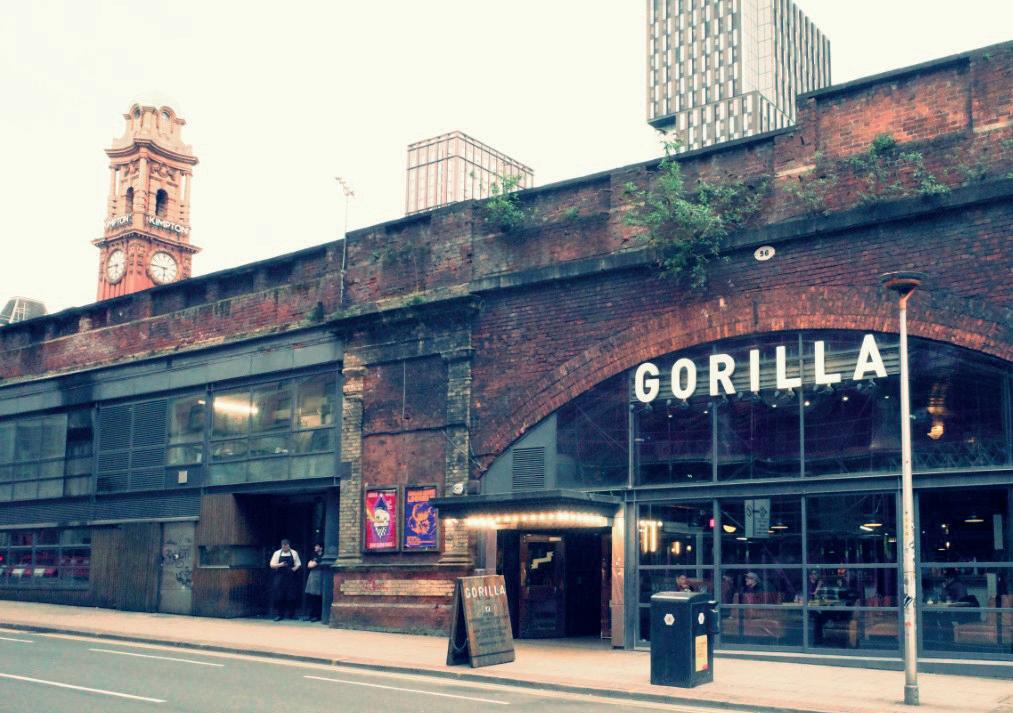
3 minute read
Are Our Local Live Venues At Risk?
from Pastel
By Reece James
It’s no secret that the back-to-back impact of the COVID-19 pandemic and the cost-of-living crisis has left a lot of people struggling financially. It’s not just individuals who are suffering these effects though, as many small independent businesses fight to keep their doors open. A March 2023 report from the Office for National Statistics found that 70% of businesses have reported some level of concern, largely due to increasing energy prices and the large inflation of costs for goods and services. There is one area that has particularly felt this impact: our local live music venues.
Advertisement
Unfortunately, the struggle felt by live venues isn’t a new one and predates the pandemic and the current financial crisis. Back in 2015, The Guardian reported on the ‘slow death’ of music venues in cities. They highlighted how the increasing development of residential areas in inner cities, often leads to landlords selling off venues to be converted into flats, or having residents live so close to music venues that it leads to noise complaints. Other cities around the world have adopted music policies which ensure venues are protected and subsidised, whereas the UK doesn’t prioritise this.
Manchester has already lost some of the iconic music venues which played a part in developing the city’s musical history, such as The Roadhouse, which closed its doors for the final time in 2015. The venue opened in 1993 and hosted many live gigs and club nights. Members of the band Elbow used to work there, and it hosted many of their earliest gigs. The venue hosted a multitude of other popular artists at the beginning of their successful careers: Coldplay, The White Stripes and Muse, to name a few. Manchester has also said sad goodbyes to venues like Sankey’s in 2016 and Sound Control in 2017, both of which were later demolished to make way for new apartment buildings.
The lockdowns instated due to the COVID-19 pandemic also nearly claimed two of Manchester’s most beloved venues. In July 2020 it was announced that both Gorilla and The Deaf Institute would be closing for good, even though both locations had become a staple of the city’s music scene. The Deaf Institute opened in 2008 and hosted many gigs for smaller and up-and-coming bands and artists, while Gorilla opened in 2012 and were owned by the same company. The owners at the time, a company named Mission Mars, made the decision after a difficult period in which heavy restrictions were placed on nightlife and live music venues. Fortunately, just a few days later, both locations were saved after being bought by a venue company named Tokyo Industries, in collaboration with SSD Concerts and front man of The Charlatans, Tim Burgess. Both locations remain open for business at the time of writing!
Noise complaints also pose a threat to Manchester’s live venues, with Night & Day Café having its license threatened numerous times, due to complaints by nearby residents. The establishment, located in the city’s Northern Quarter, acts as a bar, café and a live music venue and is near many other similar bars and restaurants. The venue first ran into trouble in 2014, after the residents of nearby apartments complained about the volume of noise. In September 2014, the BBC reported that Manchester City Council would allow Night & Day to keep its license, providing they regularly met with local people to discuss any issues and kept a log of any problems discussed. However, in 2021 further problems arose; A noise abatement notice was issued to Night & Day after a new resident, who moved into the area during the 2020 lockdown, once again complained to the council. The notice requires the receiver to stop or considerably reduce the volume, and failing to do so can result in a fine of up to £20,000. As of March 2023, Night & Day Café are still appealing against the order in court.
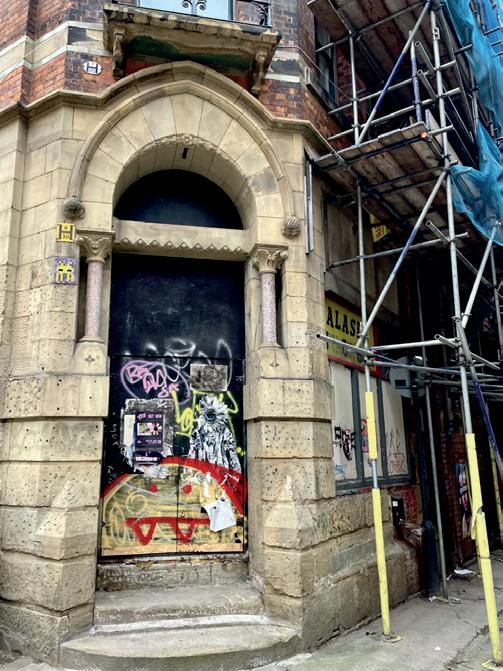
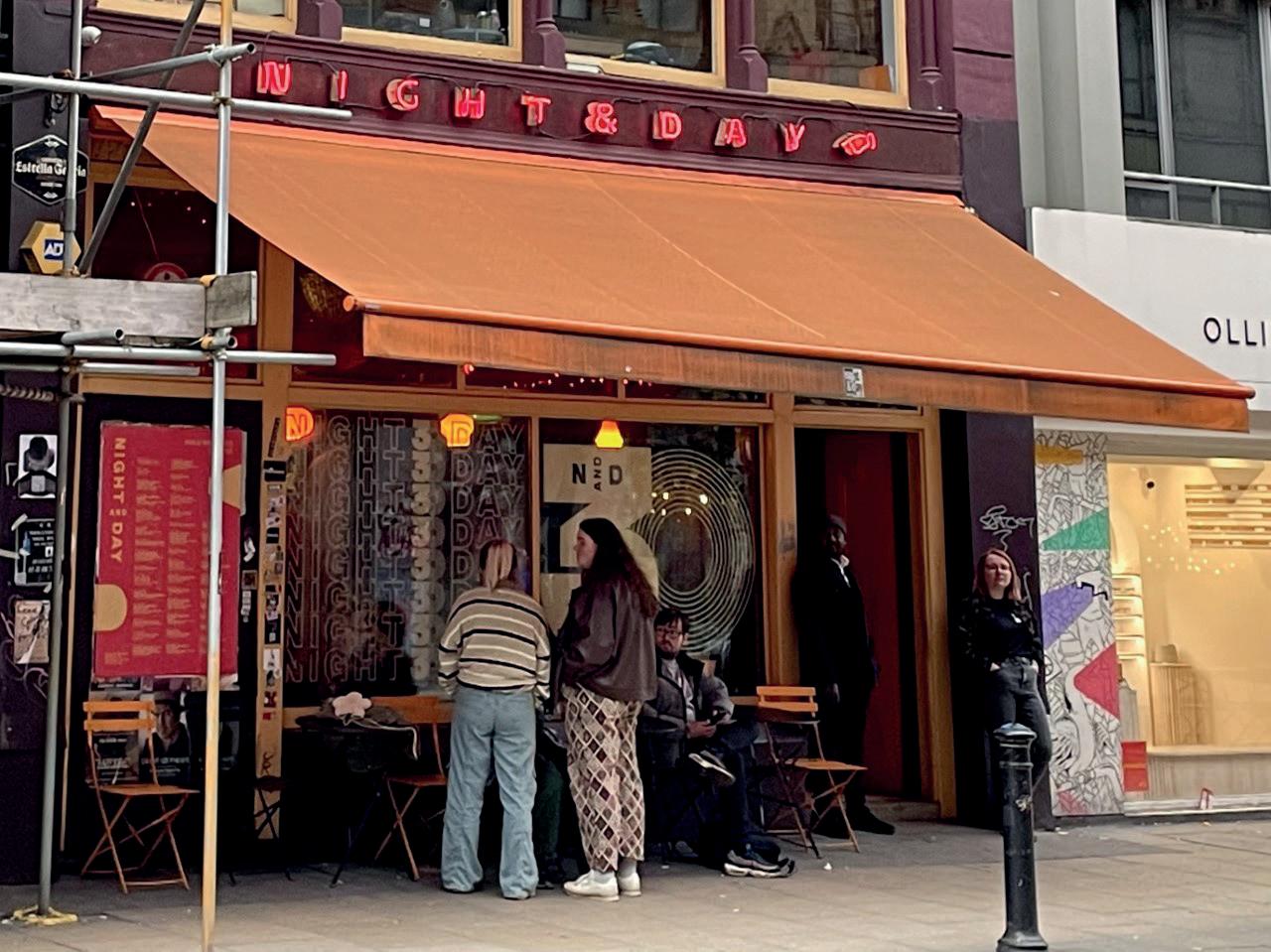
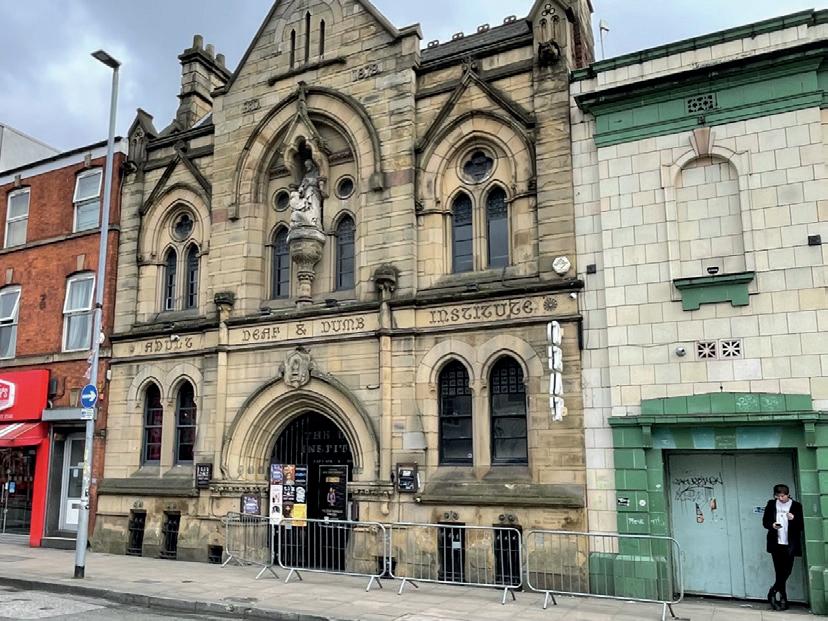
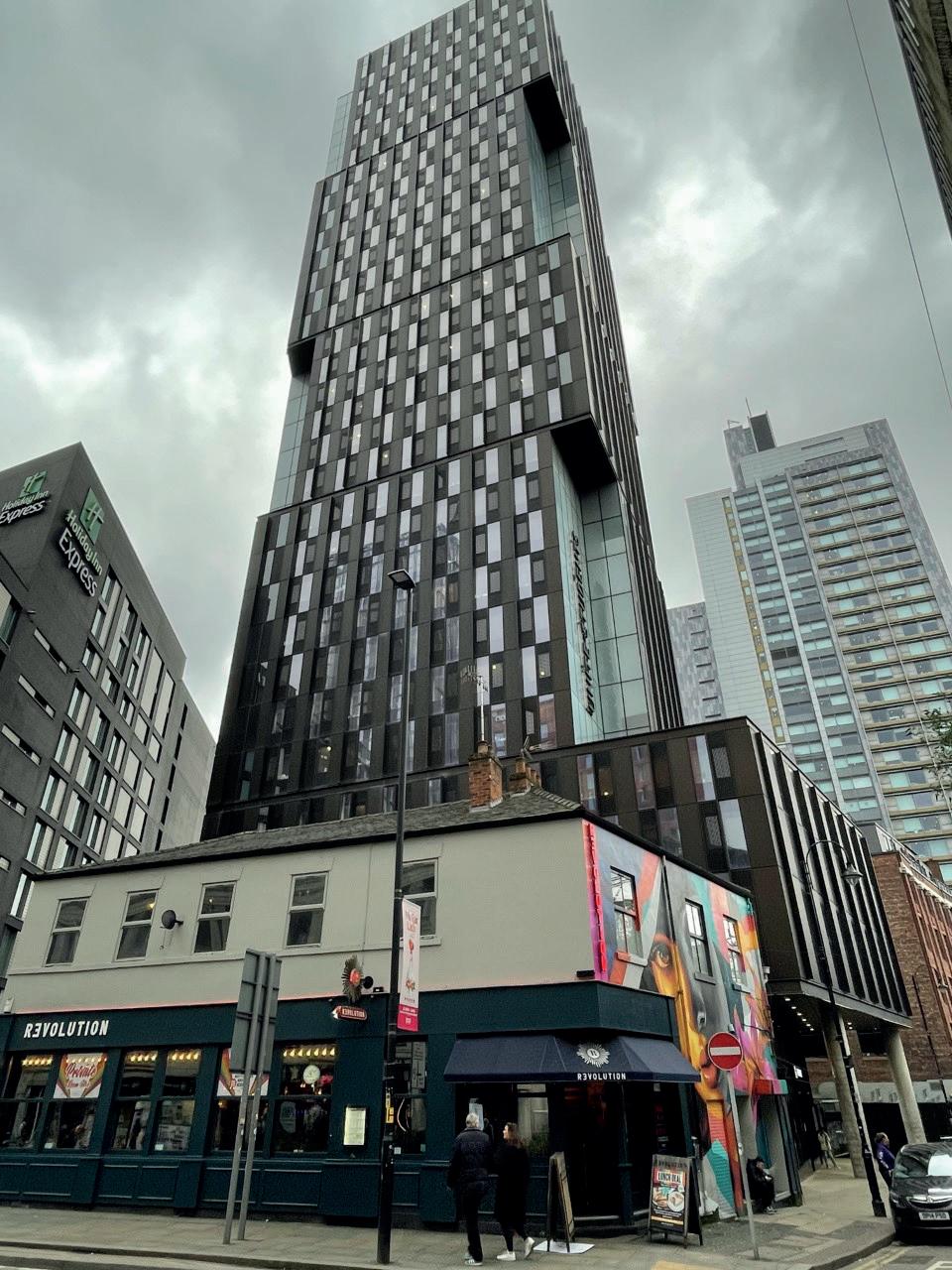
In an attempt to protect and improve grassroots music venues throughout the country, the charity Music Venues Trust was established in 2014. One of their biggest aims is their ‘own our venues’ campaign. This involves using the money raised and donated to buy music venues from private property owners, before renting them back to the operators at a fairer rate. The trust also carries out research on the state of the industry, publishing yearly reports to demonstrate their findings. Their latest report from the end of 2022 found that the number of gigs held in small venues had fallen by nearly 17% since 2019. They also reported that the average capacity of smaller venues is 308 people and that on average only 40% of that capacity is utilized! These latest figures hint at a concerning decline for local venues and if no major changes are made soon, then we may be saying goodbye to more of our event spaces in the future.
You may now be wondering how you can help to support your local music venues? Simply put, the biggest help you can provide is by attending gigs. During these difficult financial times, splashing out on gig tickets may seem like a luxury, however small concerts tend to have much more affordable tickets than those at a larger venue. So, you could consider supporting small venues a more budget friendly night out. Buying drinks and merchandise can further support these venues while you are there, and Music Venues Trust also has an area on their website where you can donate if you can afford to!
Visit https://www.musicvenuetrust.com/ to find out more about the work carried out by Music Venues Trust, to read their reports in more detail or to donate to the cause.










